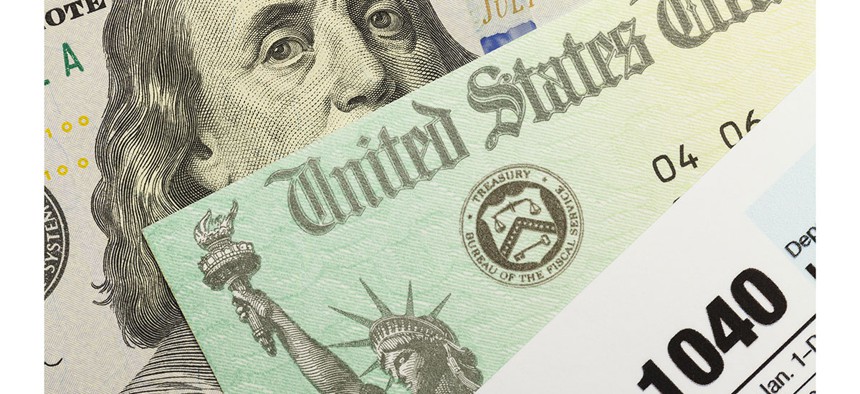How to Protect Yourself Against Digital Tax Fraud

Mega Pixel/Shutterstock.com
Beware of hackers getting your hard-earned tax refund.
With only a few days left to do your taxes, many of us have one more thing to worry about when it comes to filing: hackers.
A growing percentage of refunds are going to hackers who have filed fake returns for real citizens. With the average refund sitting at $2,900, that's a lot of hard-earned money going to cybercrooks.
How are they going about this? Traditional methods like phishing and email scams designed to look like official messages from the Internal Revenue Service are a great way to get enough information to file a fake return for a real person.
And unfortunately, the risk doesn't stop after a hacker has filed a fake return. These fraudsters can still sell your personal information, including a Social Security number, on the dark web.
So, what to do?
Some states have built opt-in apps in the hopes of preventing fraud, but if that's not an option, be sure to file as early as possible, before a hacker files for you.
To learn more, check out the video below from CNET:
NEXT STORY: Talent Agency Hit with Malware Attack






